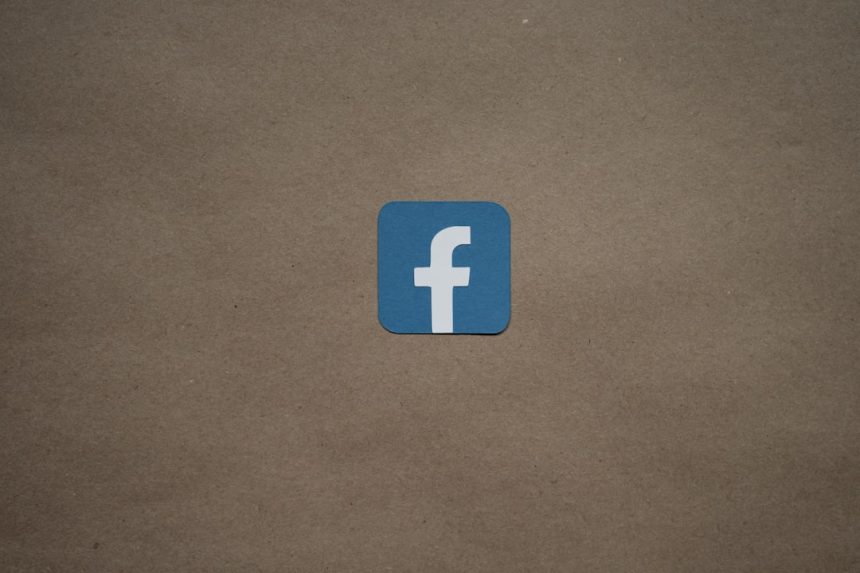It’s one of Facebook’s most mysterious features — the humble “poke.” For a platform that has introduced complex reaction buttons, elaborate messaging systems, and countless updates over the years, the Facebook poke seems a little out of place. And yet, it has persisted in some corner of the platform for nearly two decades. So, what exactly does it mean when someone pokes you on Facebook?
Originally launched in 2004, the poke feature was meant as a fun, playful nudge — a way to get a friend’s attention without a message or comment. Over time, its meaning and use have evolved based on user interpretation. Let’s explore the many layers behind this quirky feature.
The Original Purpose of the Facebook Poke
When Facebook was launched, the poke was designed as a non-verbal interaction — a blink, a wave, or a tap on the shoulder in the digital world. The idea was to let someone know you were thinking about them without requiring an actual message or comment.
Here are some of the original uses of the Facebook poke:
- Flirting — Many users interpreted pokes as a light form of online flirting or interest.
- Getting attention — Like a “hey you,” it grabbed the other person’s notice.
- Sparking curiosity — Because pokes came without explanation, it often intrigued users to respond or investigate.
[ai-img]facebook logo, social media, notification[/ai-img]
The Evolving Meaning Through the Years
As Facebook’s features grew more sophisticated, the poke began to fade in popularity. However, it never disappeared completely. Instead, users began to use pokes in different contexts.
Some of the newer interpretations include:
- Inside jokes between friends who used the poke to reminisce about the early days of Facebook.
- Friendly reminders that could nudge a friend without sending an actual reminder or message.
- Digital icebreakers — especially among users who didn’t know how to start a conversation.
Others saw it as a simple and lighthearted way to reconnect — the virtual equivalent of walking past someone’s desk and lightly tapping it just to say, “I’m here.”
Is the Facebook Poke Still Available?
You might be surprised to know that the Facebook poke still exists, though it’s not as prominently featured as it once was. On most profiles, the option to poke someone might be hidden in a menu, or found on the Pokes page, a lesser-known part of the platform.
To access the Pokes page:
- Log in to Facebook.
- Type “Pokes” in the search bar.
- Select the “Pokes” option to view and send pokes.
If you receive a poke, you can poke back — and in some cases, this can lead to an extended back-and-forth sprinkle of online attention.
Why Do People Still Use It?
Despite being overshadowed by more direct forms of communication, the poke remains a symbol of a simpler, more playful version of social networking. Some people still use it for its original charm, while others use it deliberately for humor or nostalgia.
In fact, a resurgence of digital nostalgia in recent years has brought back interest in old-school Facebook features — including pokes. Some younger users even treat pokes like digital collectibles: a way to revive vintage internet behavior for fun or irony.
[ai-img]friends laughing, smartphone, social interaction[/ai-img]
Should You Respond to a Poke?
This depends on your relationship with the person and the context. If you know the individual and consider it friendly or flirty, then a poke back might be appropriate. However, if it feels confusing or intrusive, it’s perfectly fine to ignore it.
Think of it this way: A poke is like a digital wave from across the room. You can wave back, smile, or simply carry on — there’s no social pressure or consequences attached.
In Conclusion
The Facebook poke is a relic from an earlier stage of the internet, but it still holds a certain charm. At its core, it’s about non-verbal interaction in a digital space — a quick, playful signal that can mean different things based on who sends it.
Whether you consider it outdated or wonderfully nostalgic, the poke serves as a reminder that sometimes, communication doesn’t need words — just a simple tap to get someone’s attention.









